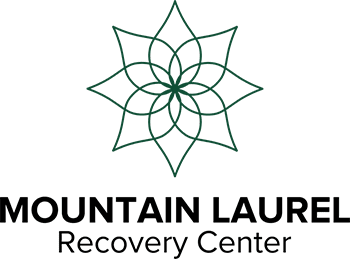As Veterans return from military service, they carry not only the physical scars of battle but also the hidden wounds that can shape their lives in profound ways. The traumatic experiences faced during military service often give rise to post-traumatic stress disorder (PTSD) that can cast a shadow on every aspect of life. What further complicates this scenario is the frequent coexistence of PTSD with substance use disorders, creating a dual challenge that demands attention and empathy.
PTSD is an often debilitating mental health condition triggered by experiencing or witnessing a traumatic event. Veterans are particularly susceptible to developing PTSD. Being in a constant state of high alert, witnessing traumatic events, and losing comrades can leave lasting psychological scars. The symptoms of PTSD can manifest in various ways, including:
- Intrusive memories
- Flashbacks
- Nightmares
- Severe anxiety
- Emotional numbness
Symptoms like these can make it even more difficult for Veterans to transition back to civilian life.
The Link Between PTSD and Addiction
PTSD and addiction often coexist in a complex relationship. Many Veterans turn to substances to cope with the overwhelming symptoms of PTSD. Substance abuse may temporarily numb emotional pain, provide an escape from intrusive thoughts, or help with sleep disturbances. However, this coping mechanism can quickly spiral into a cycle of dependency, leading to addiction.
Signs of PTSD and Addiction in Veterans
Signs of a substance use disorder and PTSD may vary from person to person, and not everyone with a substance use disorder will exhibit all of them. For Veterans, the signs may include:
- Isolation: Veterans with PTSD may withdraw from friends and family, while addiction can further isolate individuals as they become consumed by their substance use. This can strain relationships and distance the Veteran from those closest to them.
- Hyperarousal: Constantly being on edge, hypervigilance, and exaggerated startle response are common signs of both PTSD and substance abuse. In addition, the Veteran may have mood swings.
- Flashbacks and nightmares: Veterans may experience vivid flashbacks or nightmares related to their traumatic experiences, leading to an increased dependence on substances to numb these distressing memories.
- Avoidance: Both conditions may lead to avoiding places, people, or activities associated with the traumatic event, creating a cycle of avoidance that can exacerbate symptoms.
- Increased tolerance: You may notice the Veteran needing larger amounts of a substance over time to achieve the desired effect. They may use larger amounts of a substance to numb the pain from PTSD.
- Continued use despite negative consequences: Veterans who struggle with addiction know their substance use is hurting them but are unable to stop. Or, they may deny they have a problem even when it’s obvious to those around them.
- Legal issues: The Veteran may have legal problems related to substance use, such as arrests for driving under the influence or drug possession.
- Financial problems: Experiencing financial difficulties due to spending money on substances can be a sign of a substance use disorder.
Substance abuse often serves as a mask, concealing the true extent of PTSD symptoms. Veterans may use alcohol to self-medicate, attempting to find solace in its numbing effects. Similarly, drugs might be sought to alleviate physical or emotional pain. Unfortunately, this masking effect only perpetuates the cycle, preventing individuals from seeking proper treatment and support.
It’s crucial to approach Veterans who show signs of PTSD and substance abuse with empathy and support. They may benefit from specialized programs and resources tailored to their unique needs, including those offered by the Department of Veterans Affairs (VA) or other mental health organizations. If you or someone you know is struggling with substance use, seeking professional help is essential for a comprehensive assessment and appropriate intervention.
Tactical Recovery at Mountain Laurel Recovery Center
The Tactical Recovery Program at Mountain Laurel Recovery Center in Westfield, Pennsylvania, is designed to address the unique needs of Veterans. We have partnered with PsychArmor and are trained to help Veterans struggling with a substance use disorder by understanding their unique needs. To find out how we can help put you on the path to lasting sobriety, please contact us today.
